Sarah Vaughan - The Pablo Years (6LP BoxSet) (1984)
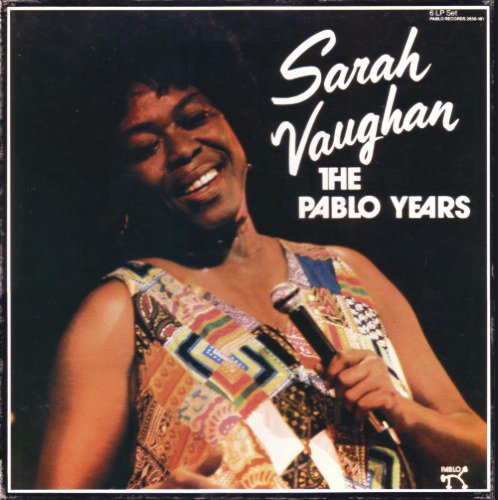
Artist: Sarah Vaughan
Title: The Pablo Years
Year Of Release: 1984
Label: Pablo today
Genre: Vocal Jazz
Quality: FLAC (tracks) 24/96
Total Time: 04:10:15
Total Size: 5,18 Gb
WebSite: Album Preview
Tracklist: Title: The Pablo Years
Year Of Release: 1984
Label: Pablo today
Genre: Vocal Jazz
Quality: FLAC (tracks) 24/96
Total Time: 04:10:15
Total Size: 5,18 Gb
WebSite: Album Preview
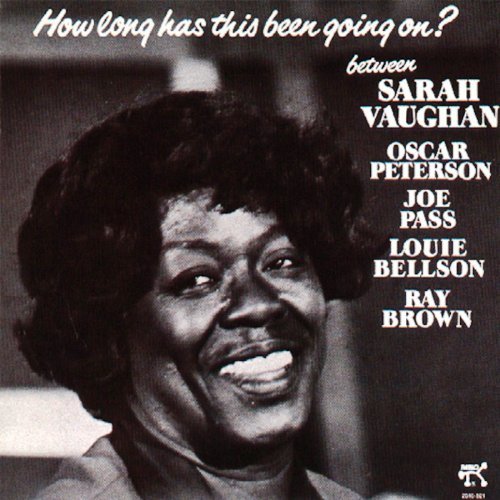
LP1: How Long Has This Been Going On?
A1 I've Got The World On A String (05:33)
A2 Midnight Sun (04:36)
A3 How Long Has This Been Going On? (05:52)
A4 You're Blase (05:05)
A5 Easy Living (04:36)
B1 More Than You Know (06:43)
B2 My Old Flame (06:10)
B3 Teach Me Tonight (03:01)
B4 Body And Soul (03:38)
B5 When Your Lover Has Gone (02:52)
Personnel:
Sarah Vaughan - vocals
Oscar Peterson - piano
Joe Pass - guitar
Ray Brown - bass
Louie Bellson - drums
Recorded on April 25, 1978 at Group IV Recording Studios, Hollywood, CA.
Originally released in 1978 by Pablo Records (US), LP - 2310-821
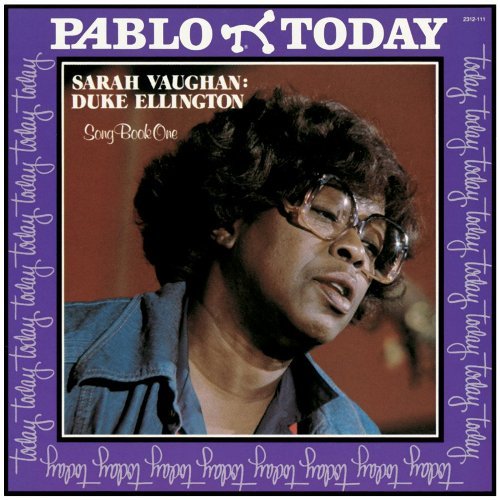
LP2: Duke Ellington - Song Book One
A1 In A Sentimental Mood (04:18)
A2 I'm Just A Lucky So And So (04:25)
A3 Solitude (04:20)
A4 I Let A Song Go Out Of My Heart (03:29)
A5 I Didn't Know About You (04:05)
B1 All Too Soon (03:44)
B2 Lush Life (04:27)
B3 In A Mellow Tone (03:14)
B4 Sophisticated Lady (04:01)
B5 Day Dream (05:01)
Personnel:
Sarah Vaughan - vocals
Soloists:
Waymon Reed - trumpet, flugelhorn
J. J. Johnson - trombone
Frank Foster & Zoot Sims – tenor saxophone
Frank Wess - flute, tenor saxophone
Rhythm section:
Jimmy Rowles & Mike Wofford – piano
Joe Pass & Bucky Pizzarelli – guitar
Andy Simpkins – bass
Grady Tate – drums
Billy Byers (Big Band Sides) – arranger & conductor
Recorded on August 15 & 16, 1979 at Group IV Studios, Hollywood, CA and September 12 & 13, 1979 at RCA Studios, NY
Originally released in 1980 by Pablo Records (US), LP - 2312-111
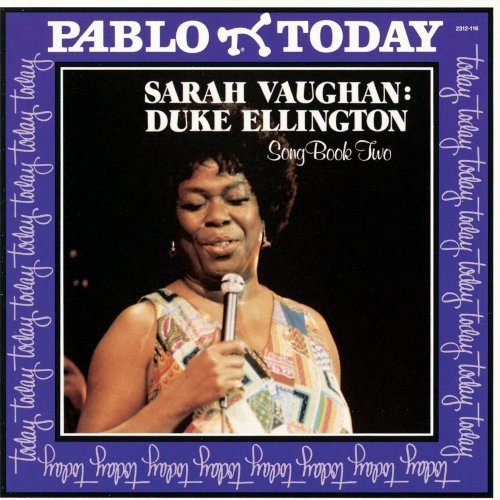
LP3: Duke Ellington - Song Book Two
A1 I Ain't Got Nothin But The Blues (04:28)
A2 Black Butterfly (02:56)
A3 Chelsea Bridge (03:28)
A4 What Am I Here For (03:27)
A5 Tonight I Shall Sleep (03:53)
A6 Rocks In My Bed (05:18)
B1 I Got It Bad And That Ain't Good (04:27)
B2 Everything But You (05:25)
B3 Mood Indigo (04:58)
B4 It Don't Mean A Thing (02:19)
B5 Prelude To A Kiss (05:56)
Personnel:
Sarah Vaughan - vocals
Soloists:
Waymon Reed - trumpet, flugelhorn
Frank Wess - flute
Eddie "Cleanhead" Vinson - vocal & alto sax
Rhythm section:
Mike Wofford, Jimmy Rowles & Lloyd Glenn – piano
Joe Pass, Bucky Pizzarelli & Pee Wee Crayton – guitar
Andy Simpkins & Bill Walker – bass
Grady Tate & Charles Randell – drums
Billy Byers (Big Band Sides) – arranger & conductor
Recorded on August 15 & 16, 1979 at Group IV Studios, Hollywood, CA and September 12 & 13, 1979 at RCA Studios, NY
Originally released in 1980 by Pablo Records (US), LP - 2312-116
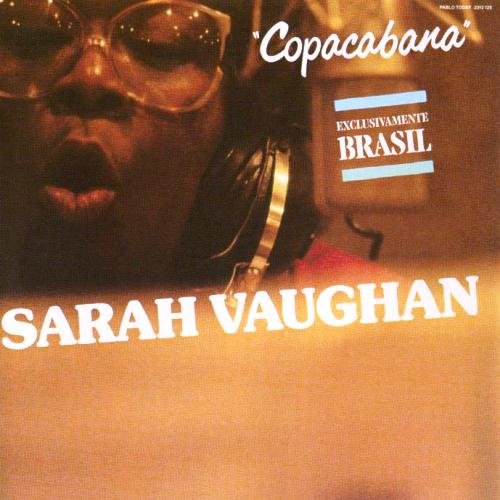
LP4: Copacabana
A1 Copacabana (03:36)
A2 The Smiling Hour (Abra Alas) (04:17)
A3 To Say Goodbye (Pra Dizer Adeus) (03:47)
A4 Dreamer (Vivo Sonhando) (03:39)
A5 Gentle Rain (02:48)
B1 Tete (04:39)
B2 Dindi (05:29)
B3 Double Rainbow (Chovendo Na Roseira) (03:31)
B4 Bonita (04:09)
Personnel:
Sarah Vaughan - vocals
Helio Delmiro - acoustic & electric guitars
Edson Frederico - arranger
And unidentified Brazilian rhythm section and singers
Recorded October 1-5, 1979 in Rio de Janeiro, Brazil
Originally released in 1981 by Pablo Records (US), LP - 2312-125
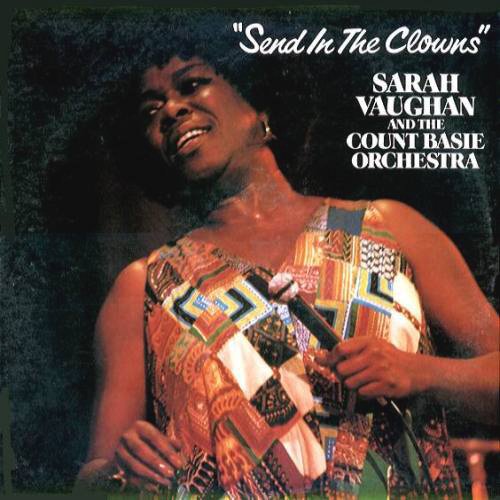
LP5: Send In The Clowns
A1 I Gotta Right To Sing The Blues (05:00)
A2 Just Friends (03:21)
A3 If You Could See Me Now (04:47)
A4 Ill Wind (03:58)
A5 When Your Lover Has Gone (02:36)
B1 Send In The Clowns (06:17)
B2 I Hadn't Anyone Till You (04:05)
B3 All The Things You Are (03:46)
B4 Indian Summer (03:29)
B5 From This Moment On (02:32)
Personnel:
Sarah Vaughan - vocals
with Count Basie Orchestra:
Sam Nestico - arranged & conducted
Allyn Ferguson - arranged
George Gaffney - piano
Freddie Greene - guitar
Andy Simpkins - bass
Harold Jones - drums
Sonny Cohn, Frank Szabo, Willie Cook, Bob Summers & Dale Carley - tpumplets
Mitchell "Booty" Wood, Bill Hughes, Dennis Wilson & Grover Mitchell - trombones
Kenny Hing, Eric Dixon, Bobby Plater, Danny Turner & Johnny Williams - saxophones
Recorded on February 16, 18, & May 16, 1981 at Group IV Studios, Hollywood, CA
Originally released in 1981 by Pablo Records (US), LP - 2312-130
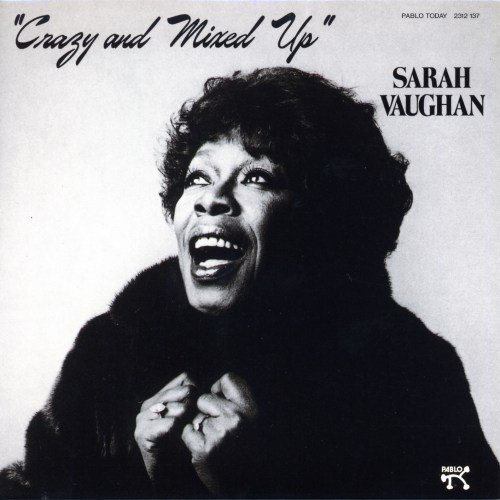
LP6: Crazy And Mixed Up
A1 I Didn't Know What Time It Was (03:58)
A2 That's All (04:04)
A3 Autumn Leaves (05:30)
A4 Love Dance (03:26)
B1 The Island (04:24)
B2 Seasons (05:16)
B3 In Love In Vain (03:04)
B4 You Are Too Beautiful (03:38)
Personnel:
Sarah Vaughan - vocals
Roland Hanna - piano
Andy Simpkins - bass
Harold Jones - drums
Joe Pass - guitar
Recorded on March 1 & 2, 1982 at Group IV Studios, Hollywood, CA
Originally released in 1982 by Pablo Records (US), LP - 2312 137
Ripping info:
Turntable: Linn LP12
Tonearm: SME III
Cartridge: Benz ACE H2
Preamp: Rotel RC 1082
Recording: Zoom H4 [24/96]
Editing: WaveLab 5.0, CR, iZotope RX2
Possessor of one of the most wondrous voices of the 20th century, Sarah Vaughan ranked with Ella Fitzgerald and Billie Holiday in the very top echelon of female jazz singers. She often gave the impression that with her wide range, perfectly controlled vibrato, and wide expressive abilities, she could do anything she wanted with her voice. Although not all of her many recordings are essential (give Vaughan a weak song and she might strangle it to death), Sarah Vaughan's legacy as a performer and a recording artist will be very difficult to match in the future.
Vaughan sang in church as a child and had extensive piano lessons from 1931-39; she developed into a capable keyboardist. After she won an amateur contest at the Apollo Theater, she was hired for the Earl Hines big band as a singer and second vocalist. Unfortunately, the musicians' recording strike kept her off record during this period (1943-44). When lifelong friend Billy Eckstine broke away to form his own orchestra, Vaughan joined him, making her recording debut. She loved being with Eckstine's orchestra, where she became influenced by a couple of his sidemen, Charlie Parker and Dizzy Gillespie, both of whom had also been with Hines during her stint. Vaughan was one of the first singers to fully incorporate bop phrasing in her singing, and to have the vocal chops to pull it off on the level of a Parker and Gillespie.
Other than a few months with John Kirby from 1945-46, Sarah Vaughan spent the remainder of her career as a solo star. Although she looked a bit awkward in 1945 (her first husband George Treadwell would greatly assist her with her appearance), there was no denying her incredible voice. She made several early sessions for Continental: a December 31, 1944 date highlighted by her vocal version of "A Night in Tunisia," which was called "Interlude," and a May 25, 1945 session for that label that had Gillespie and Parker as sidemen. However, it was her 1946-48 selections for Musicraft (which included "If You Could See Me Now," "Tenderly" and "It's Magic") that found her rapidly gaining maturity and adding bop-oriented phrasing to popular songs. Signed to Columbia where she recorded during 1949-53, "Sassy" continued to build on her popularity. Although some of those sessions were quite commercial, eight classic selections cut with Jimmy Jones' band during May 18-19, 1950 (an octet including Miles Davis) showed that she could sing jazz with the best.
During the 1950s, Vaughan recorded middle-of-the-road pop material with orchestras for Mercury, and jazz dates (including Sarah Vaughan, a memorable collaboration with Clifford Brown) for the label's subsidiary, EmArcy. Later record label associations included Roulette (1960-64), back with Mercury (1963-67), and after a surprising four years off records, Mainstream (1971-74). Through the years, Vaughan's voice deepened a bit, but never lost its power, flexibility or range. She was a masterful scat singer and was able to out-swing nearly everyone (except for Ella). Vaughan was with Norman Granz's Pablo label from 1977-82, and only during her last few years did her recording career falter a bit, with only two forgettable efforts after 1982. However, up until near the end, Vaughan remained a world traveler, singing and partying into all hours of the night with her miraculous voice staying in prime form. The majority of her recordings are currently available, including complete sets of the Mercury/Emarcy years, and Sarah Vaughan is as famous today as she was during her most active years.
Vaughan sang in church as a child and had extensive piano lessons from 1931-39; she developed into a capable keyboardist. After she won an amateur contest at the Apollo Theater, she was hired for the Earl Hines big band as a singer and second vocalist. Unfortunately, the musicians' recording strike kept her off record during this period (1943-44). When lifelong friend Billy Eckstine broke away to form his own orchestra, Vaughan joined him, making her recording debut. She loved being with Eckstine's orchestra, where she became influenced by a couple of his sidemen, Charlie Parker and Dizzy Gillespie, both of whom had also been with Hines during her stint. Vaughan was one of the first singers to fully incorporate bop phrasing in her singing, and to have the vocal chops to pull it off on the level of a Parker and Gillespie.
Other than a few months with John Kirby from 1945-46, Sarah Vaughan spent the remainder of her career as a solo star. Although she looked a bit awkward in 1945 (her first husband George Treadwell would greatly assist her with her appearance), there was no denying her incredible voice. She made several early sessions for Continental: a December 31, 1944 date highlighted by her vocal version of "A Night in Tunisia," which was called "Interlude," and a May 25, 1945 session for that label that had Gillespie and Parker as sidemen. However, it was her 1946-48 selections for Musicraft (which included "If You Could See Me Now," "Tenderly" and "It's Magic") that found her rapidly gaining maturity and adding bop-oriented phrasing to popular songs. Signed to Columbia where she recorded during 1949-53, "Sassy" continued to build on her popularity. Although some of those sessions were quite commercial, eight classic selections cut with Jimmy Jones' band during May 18-19, 1950 (an octet including Miles Davis) showed that she could sing jazz with the best.
During the 1950s, Vaughan recorded middle-of-the-road pop material with orchestras for Mercury, and jazz dates (including Sarah Vaughan, a memorable collaboration with Clifford Brown) for the label's subsidiary, EmArcy. Later record label associations included Roulette (1960-64), back with Mercury (1963-67), and after a surprising four years off records, Mainstream (1971-74). Through the years, Vaughan's voice deepened a bit, but never lost its power, flexibility or range. She was a masterful scat singer and was able to out-swing nearly everyone (except for Ella). Vaughan was with Norman Granz's Pablo label from 1977-82, and only during her last few years did her recording career falter a bit, with only two forgettable efforts after 1982. However, up until near the end, Vaughan remained a world traveler, singing and partying into all hours of the night with her miraculous voice staying in prime form. The majority of her recordings are currently available, including complete sets of the Mercury/Emarcy years, and Sarah Vaughan is as famous today as she was during her most active years.
DOWNLOAD LINKS
![The Boss Ensemble - Circuits Hybrides (2019) [Hi-Res] The Boss Ensemble - Circuits Hybrides (2019) [Hi-Res]](https://www.dibpic.com/uploads/posts/2019-11/1574517391_folder.jpg)
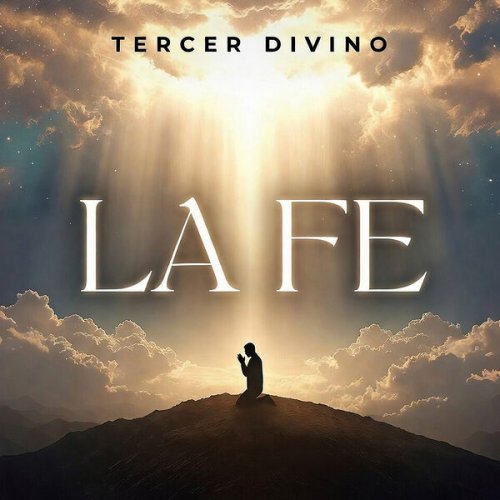
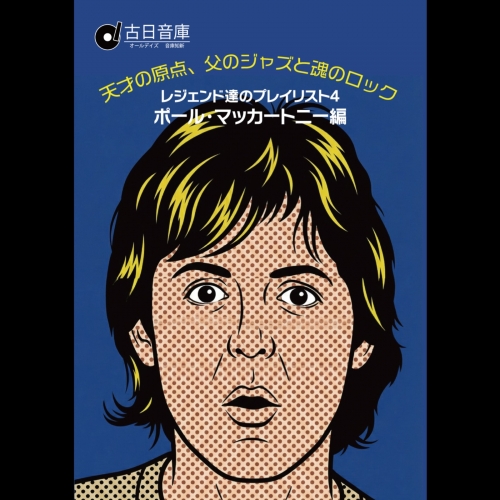
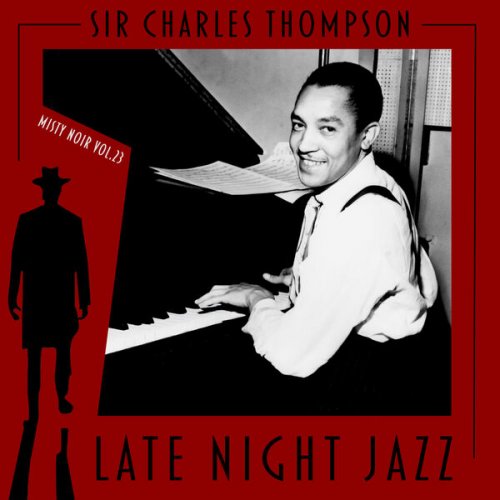
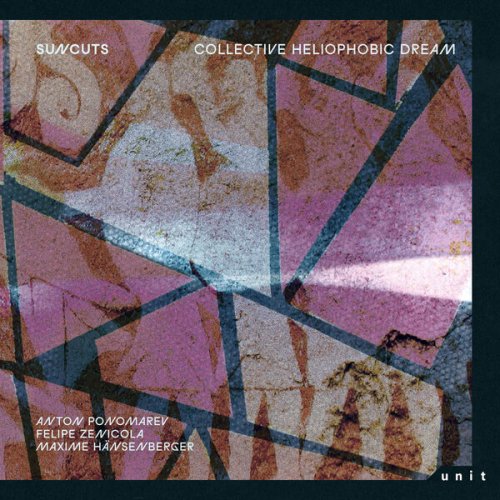
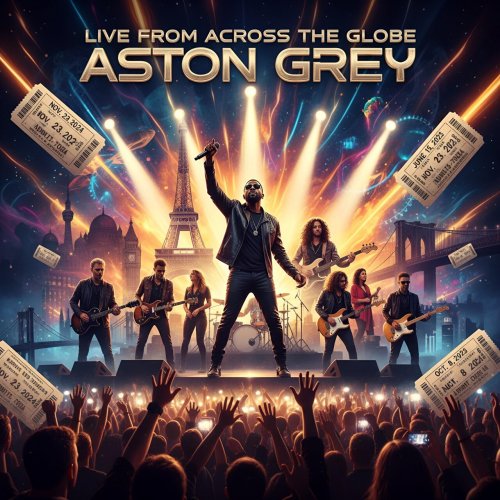
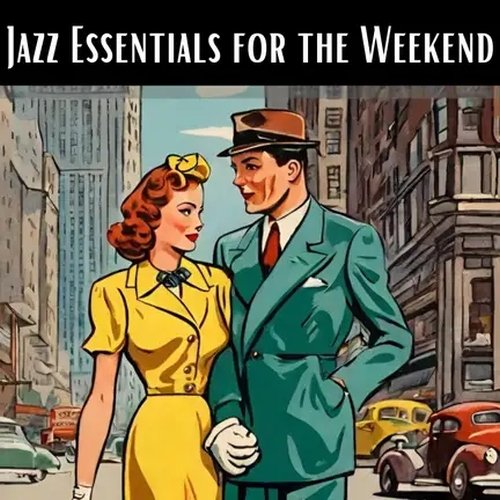
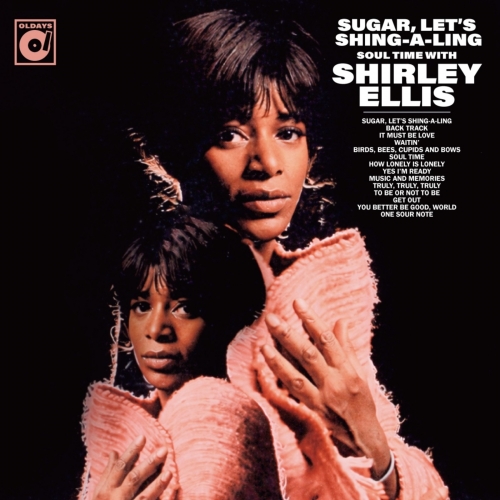
![Dave Stapleton - Quiet Fire (2026) [Hi-Res] Dave Stapleton - Quiet Fire (2026) [Hi-Res]](https://www.dibpic.com/uploads/posts/2026-02/1772036051_v5l0f2qh1r2cb_600.jpg)